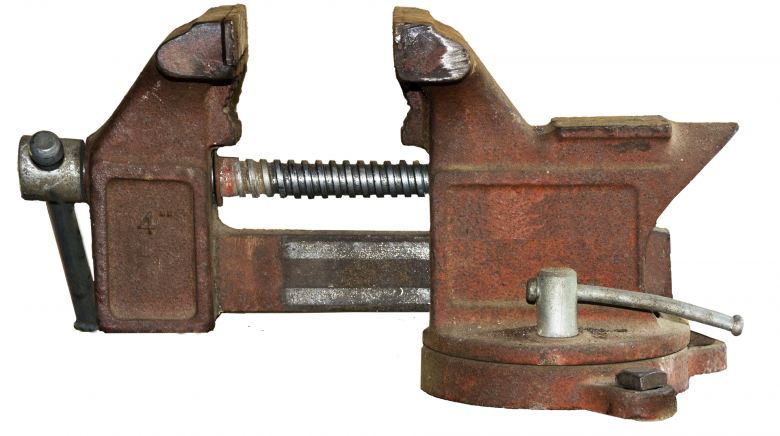Statement of the CHR re the National Public Prosecutor Office’s motion for consent to detention of judge Igor Tuleya for the purpose of compulsory appearance
The Commissioner for Human Rights (CHR) is of the opinion that the prosecutor office's motion to the Disciplinary Chamber of the Supreme Court for consent to detention of judge Igor Tuleya for the purpose of compulsory appearance is ungrounded, and that it has been filed with the Chamber in violation of the Polish Constitution and the European Union law.
The National Public Prosecutor's Office applied to the Disciplinary Chamber of the Supreme Court for consent to the judge’s detention for compulsory appearance. However, cases involving such procedural decisions do not fall within the scope of jurisdiction of the Chamber. Pursuant to the Act on the Supreme Court, the Disciplinary Chamber may hear cases regarding consent to prosecution or pre-trial detention of judges, assistant judges, prosecutors and assistant prosecutors [Article 27(1)(1a)]. In turn, in accordance with the principle of legality and the rule of law (Article 7 of the Constitution of the Republic of Poland), no public authority may, on a presumptive basis, extend the scope of powers granted to it. An example of consequences resulting from disregarding the principle of legality is the judgment of the Voivodship (i.e. provincial) Administrative Court in Warsaw of 15 September 2020 (case file no. VII SA/Wa 992/20). The Court unambiguously ruled that instructing the Polish Post to organize the elections without a legal basis was a gross violation of Article 7 of the Constitution of the Republic of Poland.
Accordingly, no state authority may render decisions on matters not assigned to it by the legislature. Detention for compulsory appearance is not the same as pre-trial detention, just as consent to prosecute a judge is not the same as consent to detain him/her. Therefore, under Article 24 of the Act on the Supreme Court, the only chamber competent to consider the motion of the Prosecutor’s Office would be the Criminal Chamber of the Supreme Court.
Furthermore, the order of the Court of Justice of 8 April 2020 (C-791/19 R) suspended the operation of the Disciplinary Chamber of the Supreme Court with regard to disciplinary proceedings, pending a final ruling in the case initiated by the European Commission. The reasoning presented by the Court of Justice refers to the objective nature of the Chamber. The nature of the defects that relate to its mandate and composition means, however, that the body does not guarantee independence or impartiality, neither with regard to disciplinary proceedings, nor with regard to other proceedings before the Chamber in which no such guarantee is provided. The CHR has, from the outset, been of the opinion that the suspension applies not only to disciplinary proceedings, but to any other proceedings whose effects may be similar to disciplinary sanctions (including immunity-related proceedings connected with restriction of judicial powers). Thus, the Disciplinary Chamber of the Supreme Court and its members may not adjudicate, nor may they rule on the motion of the National Public Prosecutor's Office concerning judge Tuleya. Therefore, they may not have waived the judge's immunity in a legally effective manner.
The CHR is also of the opinion that according to Article 247 of the Code of Criminal Procedure, a prosecutor's order to detain a person for the purpose of compulsory appearance must concern a person under suspicion, or a suspect. In this context, the Commissioner for Human Rights has serious doubts as to whether the actions of judge Igor Tuleya, that - according to media reports - are going to constitute a basis for bringing charges against him, satisfy the criteria for classifying them as an offence. These charges are to concern the fact that judge Igor Tuleya made it possible for the media to participate in the announcement of the ruling he issued after examining the complaint against the prosecutor's decision to discontinue the investigation into the voting on the budget, that took place in the Sejm's Column Room in December 2016 [Article 241(1) of the Criminal Code].
In the opinion of the CHR, the court has the incontestable powers, arising from the law [Article 95b(1) of the Code of Criminal Procedure], to declare a court session to be open to the public. In this respect, by ordering the session to be open, the court exercises the powers granted to it by the legislator. Furthermore, when examining complaints against the prosecutor's decision to discontinue the investigation, the court performs activities as part of preparatory proceedings. Therefore, for the duration of the proceedings in this regard, the court is the host of the proceedings, formally empowered to authorize the dissemination of information related to these proceedings. In the Commissioner’s view, these circumstances mean that a judge who publicly announces a ruling on a complaint against a ruling to discontinue an investigation cannot be considered an offender under Article 241(1) of the Criminal Code. Thus, acting in accordance with the applicable law, he cannot be charged with committing such a crime. Consequently, the basic conditions for ordering his compulsory appearance as a person under suspicion on such charges are not met.

